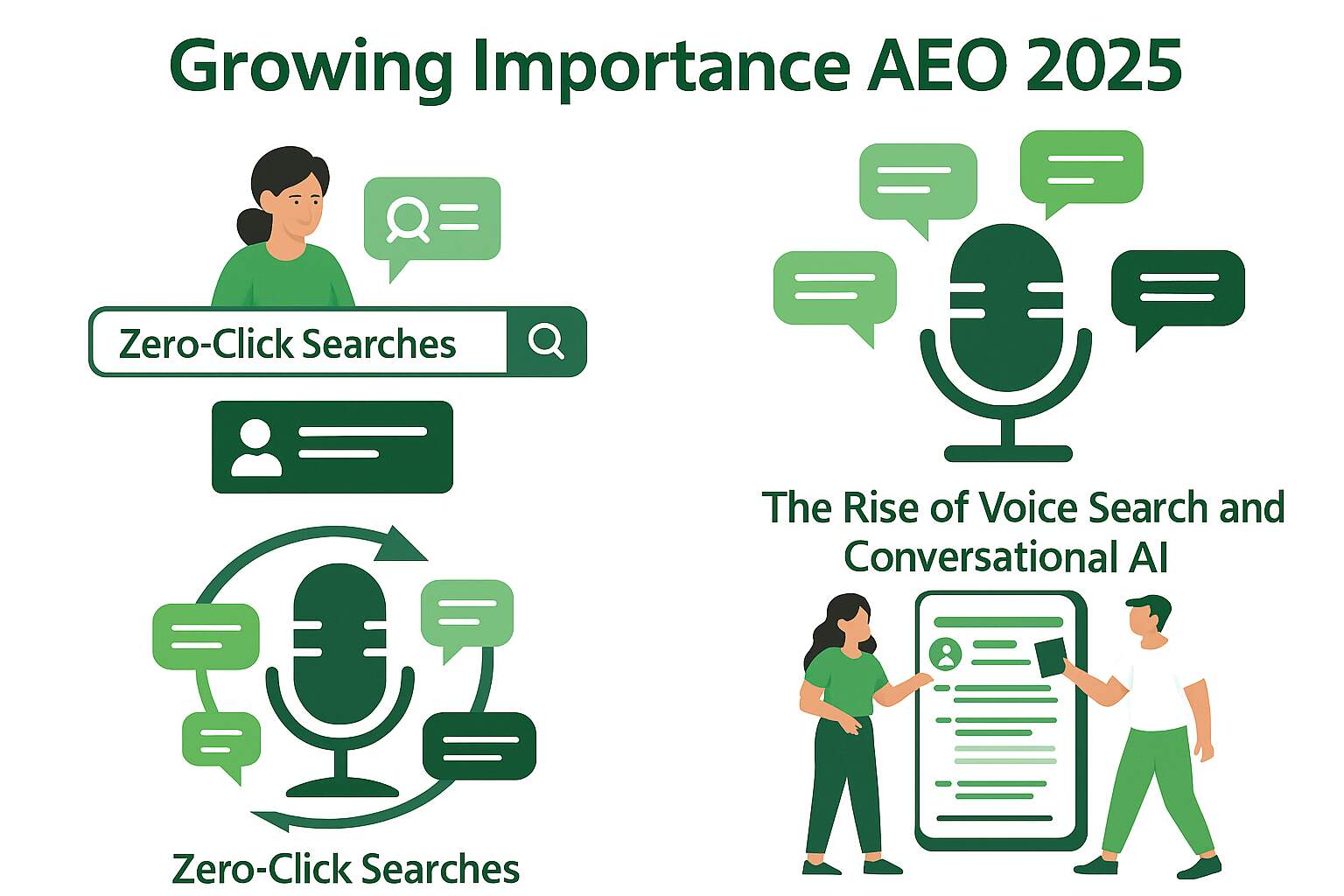7 SEO Trends Every Business Should Follow in 2025
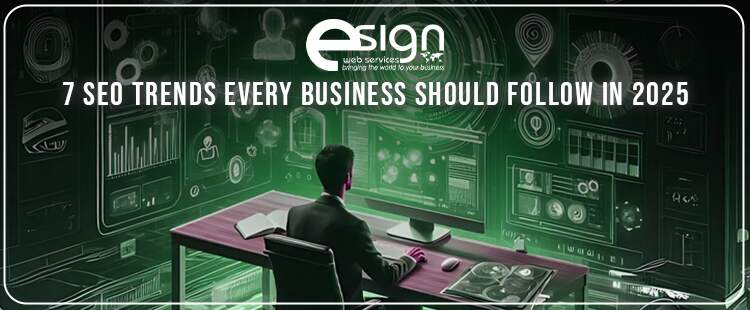
Key Takeaways
- Generative AI and answer-focused search are reshaping how visibility works across platforms.
- Winning strategies now blend technical SEO, structured data, and first-hand expertise.
- Core Web Vitals, local intent, and zero-click behavior remain central to rankings.
- Experience-driven, authentic content now outranks generic AI text, making credibility and real-world expertise critical for long-term SEO success.
Let’s clear it right away: Search is no longer just about keywords—it’s about conversations, context, and credibility. In 2025, businesses face a search landscape that is smarter and more selective than ever. Generative AI systems summarize results, voice assistants deliver instant answers, and zero-click searches dominate the user journey.
A BrightEdge study revealed that 58% of marketers are actively realigning strategies to fit AI-driven answers, while 64% of queries now end without a click. For businesses, this shift is transformational. To stay visible, content must be clear, authoritative, and adaptable.
In the following sections, we’ll break down seven critical SEO trends 2025 is bringing and explain how every business—from startups to established enterprises—can adapt and thrive. This evolution also creates opportunities for companies that move quickly. Those who integrate new practices early are more likely to secure lasting visibility before competitors catch up. Some trends are new, others are pillars gaining unprecedented weight in 2025—but both categories demand attention if businesses want to thrive.
1. Answer Engine Optimization (AEO) Is the New Snippet Strategy
Search has changed. Simply ranking in “position one” no longer guarantees attention, especially as Google’s Search Generative Experience (SGE) reshapes how people discover answers. That’s where Answer Engine Optimization (AEO) comes in. Instead of chasing keywords, businesses now need to package their expertise in clear, structured ways—think FAQs, direct responses, and schema markup. If a law firm answers, “What does estate planning cost?” in a short, accurate format, the odds of being featured in an AI-powered summary increase dramatically.
According to Search Engine Journal, brands that adopt AEO best practices enjoy a 27% lift in impressions. The bigger lesson? Success in SEO trends 2025 isn’t about stuffing content with keywords—it’s about trust, clarity, and accuracy. AEO focuses on making information digestible for Google’s AI-driven outputs, which is why it’s becoming the foundation for sustainable visibility.
2. From Search Engines to Generative Engines
People are no longer starting every search on Google. Platforms like Perplexity, Bing Copilot, and ChatGPT are turning into go-to discovery hubs. This shift is fueling the rise of Generative Engine Optimization (GEO)—a strategy that ensures content is reference-worthy in AI-generated answers. Unlike AEO, which centers on structured clarity, GEO rewards brands that share original insights, proprietary research, and unique case studies. For example, a startup publishing real data on customer trends is far more likely to be cited than one recycling generic advice.
Tools such as MarketMuse and Frase can help tailor content to AI-driven queries, but the real differentiator is authenticity. Consistently offering depth and originality signals authority to both search engines and generative platforms. GEO is less about quick traffic wins and more about building a trusted voice across the intelligent search ecosystem. As SEO trends 2025 evolve, GEO positions brands to stay relevant, discoverable, and influential long after traditional ranking tactics lose their edge.
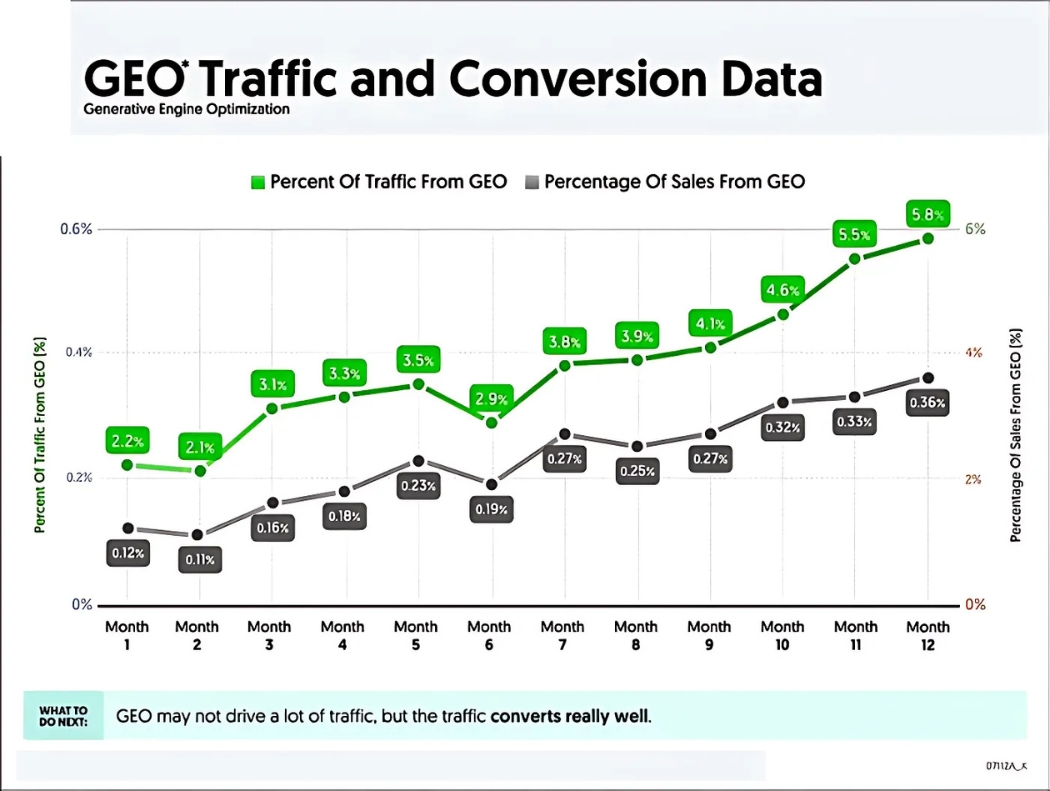
3. Voice Search & Zero-Click Behavior Change the Game
Over 60% of mobile queries now result in no click (Semrush). Instead, users are getting instant answers via voice assistants or featured snippets. That means businesses need content that delivers value quickly and is intent-first.
Think of an SEO organization optimizing for “what is SEO” can capture the query if their Google Business Profile is accurate and their site offers a clear, structured explanation. For voice search, simple, conversational, and direct answers help brands stand out in AI-driven, zero-click environments.
Tools like AlsoAsked and Answer the Public make it easier to identify conversational queries. Brands that embrace this trend will meet users exactly where they are—on mobile and voice interfaces.
This is also where micro-moments matter most. Being present with quick, relevant answers ensures your brand is chosen, even when clicks aren’t.
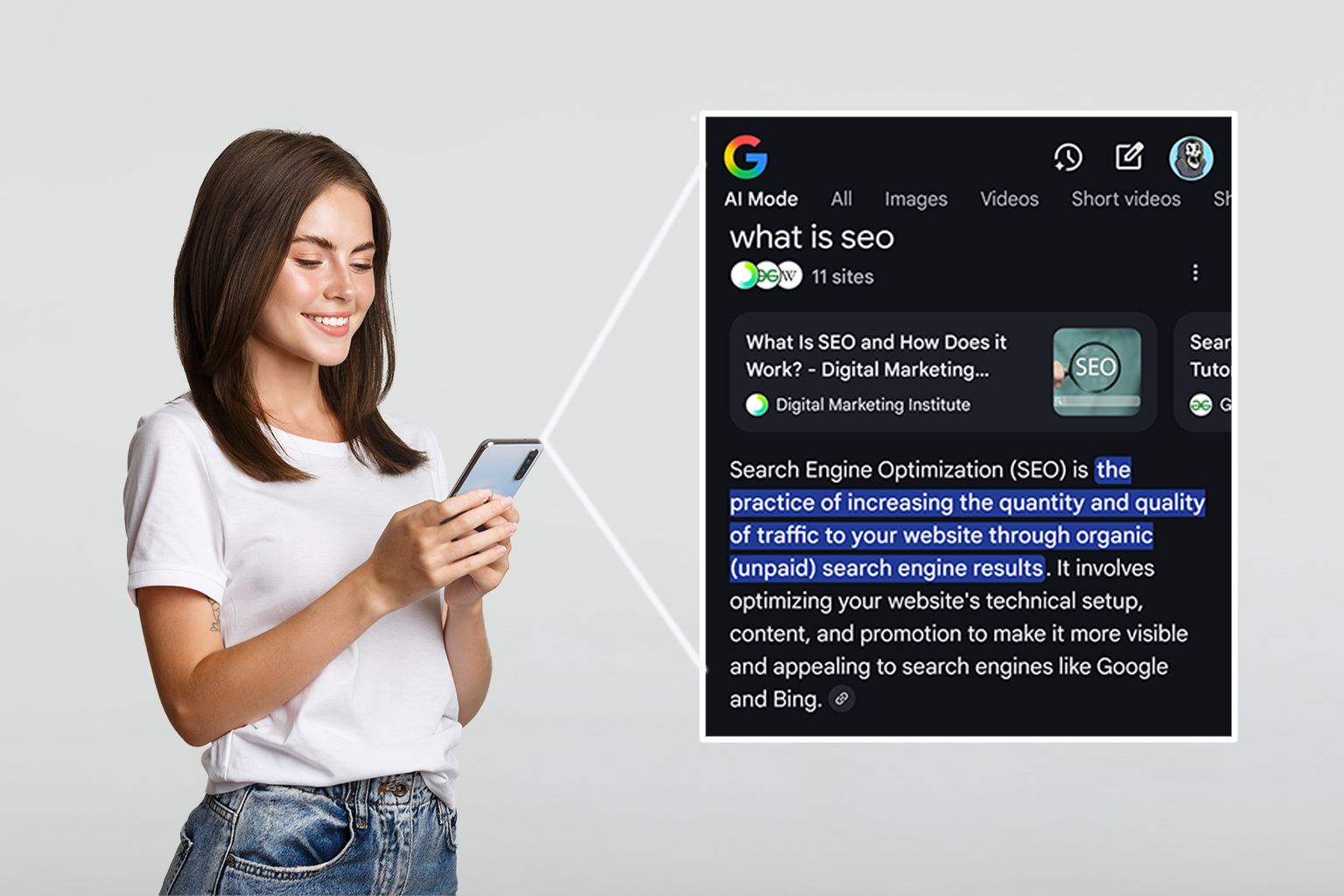
4. AI Tools Accelerate SEO—But Humans Keep It Honest
From Jasper to Clearscope, AI tools are powering faster, more efficient SEO campaigns. They handle everything from topic clustering to on-page recommendations. But here’s the catch: AI can’t replicate human nuance. HubSpot’s State of AI in Marketing found that while 66% of marketers report performance gains with AI, 81% say human review remains critical. Businesses that rely solely on automation risk sounding generic.
The winning formula? Use AI to scale—let humans refine. For example, AI can generate a blog outline, but it takes a marketing strategist to add brand voice, storytelling, and audience empathy. That balance ensures content ranks and resonates. Ultimately, the best-performing SEO techniques and strategies will be those that combine machine precision with human creativity. It’s this balance that keeps campaigns both scalable and authentic.
5. Core Web Vitals & UX: The Non-Negotiable Pillars of SEO
When two businesses publish equally strong content, user experience (UX) becomes the tie-breaker. While not new, their weight in rankings and customer experience is higher than ever in 2025—making them impossible to overlook. Google’s Core Web Vitals (CWV)—LCP (Loading Performance), CLS (Visual Stability), and INP (Interaction Responsiveness)—measure loading, visual stability, and interactivity. Backlink reports that sites meeting all CWV benchmarks receive 24% more organic traffic over time. Picture two e-commerce stores with identical product descriptions—if one loads faster and feels smoother, it will outrank the other.
Running regular audits with Lighthouse or PageSpeed Insights helps fix lag, unused scripts, and mobile design flaws. The result? Faster sites, better UX, and stronger SEO performance. In the broader scope of digital marketing trends, this focus on seamless performance aligns directly with the future of SEO, where technical precision and user trust go hand in hand. Within the context of SEO trends 2025, investing in performance improvements not only boosts rankings but also enhances customer satisfaction. A smoother digital journey creates repeat visitors and long-term loyalty.
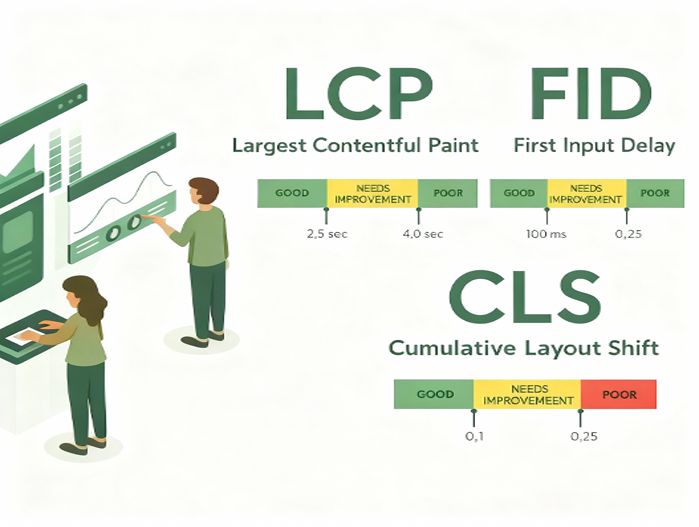
6. Experience-Driven Content Surpasses AI-Generated Text
In response to the influx of AI-generated content, Google’s E-E-A-T framework now places more weight than ever on real-world experience. Google’s E-E-A-T (Experience, Expertise, Authoritativeness, Trust) framework now emphasizes real-world experience above all. Content written by practitioners or professionals often outranks generic guides. For example, a startup founder sharing lessons from a product launch offers far more credibility than a top-10 tips article. To align with this, showcase author bios, real case studies, and transparent sourcing. Encourage employees, industry experts, or even customer voices to contribute. The closer your content reflects lived experience, the more weight it carries in both rankings and trust. Readers resonate with stories that feel authentic and grounded in reality. This authenticity builds stronger bonds with audiences and signals authority to search engines.
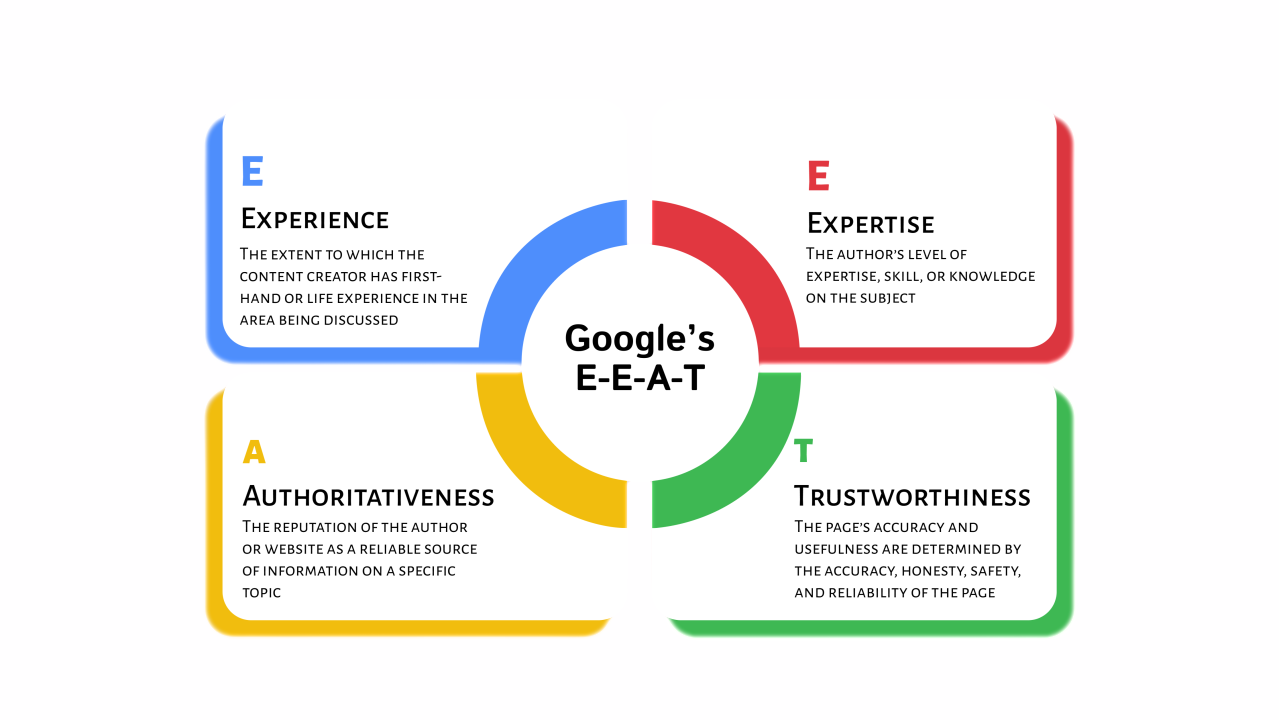
7. Local SEO Moves to Hyper-Localization & Review Power
Local search is becoming granular down to neighborhoods. Instead of “best coffee shop in New York,” users now ask “best lunch spot in SoHo.” This trend makes hyper-local content and review signals crucial. Detailed, keyword-rich reviews such as “fast same-day AC repair” now directly influence local rankings. BrightLocal reports that 87% of users trust Google reviews as much as personal recommendations. The best approach? Keep your Google Business Profile updated, encourage customers to leave detailed feedback, and build neighborhood-specific landing pages. Even small businesses gain visibility by matching searcher intent at the street level. The more relevant and detailed your local footprint, the stronger your authority becomes. In competitive markets, this edge can define who gets chosen first.
Concluding Thoughts
The future of SEO is no longer about chasing algorithms—it’s about anticipating user needs, aligning with AI-driven search systems, and delivering real-world value. Businesses that adapt to trends like AEO, GEO, and voice-first strategies while maintaining technical excellence in Core Web Vitals and UX will be the ones that stand out. At the same time, trust signals rooted in genuine experience and hyper-local connections are what will separate lasting brands from those that fade.
For small businesses, startups, and agencies alike, 2025 is the year to refine SEO into something more human: content that doesn’t just rank, but resonates. Those who strike a balance between technology and authenticity will not only future-proof their visibility but also establish meaningful authority in a crowded digital space. Adapting to these trends takes effort, but the payoff is long-term relevance. In an environment where competition is fierce, staying ahead today means staying visible tomorrow.
Feeling inspired but not sure where to start?
We get it—SEO can feel overwhelming. If you’d like a free, personalized checklist tailored to your business goals, just reply with your email or request a free quote from eSign Web Services whenever you’re ready to explore our services. No sales pitch—just a clear path forward.
Frequently Asked Questions (FAQs)
Q1. How is SEO changing in 2025 compared to previous years?
SEO in 2025 focuses on structured content, real-world expertise, and AI-readiness. Search engines emphasize context, credibility, and experience over keyword stuffing. Success now depends on producing quality-driven, human-focused strategies that build trust and authority, making relevance and accuracy more valuable than traditional tactics.
Q2. What is GEO and how is it different from SEO?
GEO (Generative Engine Optimization) ensures content gets cited in AI-driven platforms like ChatGPT or Bing Copilot. Unlike SEO, which targets Google search results, GEO emphasizes originality, authority, and depth to remain visible in generative search ecosystems where AI summarizes information instead of showing ranked results.
Q3. How can small businesses improve Core Web Vitals?
Small businesses can boost Core Web Vitals by compressing images, reducing unused scripts, upgrading hosting, and focusing on mobile-first design. These steps enhance page speed, interactivity, and stability. Better performance not only improves Google rankings but also creates a smoother browsing experience that keeps visitors engaged.
Q4. Are AI tools enough to handle SEO tasks without a human team?
AI tools streamline SEO keyword research, audits, and automation, but lack creativity and brand voice. Human expertise ensures strategy, trust, and emotional connection with audiences. The strongest SEO results come from blending AI efficiency with human judgment, producing authentic, engaging, and reliable content that resonates with search engines.
Q5. Why are reviews so important in local SEO rankings?
Reviews with detailed, keyword-rich feedback directly impact local SEO rankings. They build credibility, increase discoverability, and serve as digital word-of-mouth for businesses. Search engines value them as trust signals, while potential customers see them as proof of reliability, helping businesses attract more local leads and conversions.


